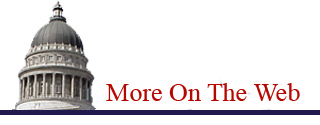 
This work is licensed under a Creative Commons Attribution-Noncommercial-Share Alike 3.0 Unported License |
| Our Network Of Sites: | ||||
| Apply 4 Admissions.com | | A2ZColleges.com | | OpenLearningWorld.com | | Totaram.com | |
| Anatomy Colleges.com | | Anesthesiology Schools.com | | Architecture Colleges.com | | Audiology Schools.com | |
| Cardiology Colleges.com | | Computer Science Colleges.com | | Computer Science Schools.com | | Dermatology Schools.com | |
| Epidemiology Schools.com | | Gastroenterology Schools.com | | Hematology Schools.com | | Immunology Schools.com | |
| IT Colleges.com | | Kinesiology Schools.com | | Language Colleges.com | | Music Colleges.com | |
| Nephrology Schools.com | | Neurology Schools.com | | Neurosurgery Schools.com | | Obstetrics Schools.com | |
| Oncology Schools.com | | Ophthalmology Schools.com | | Orthopedics Schools.com | | Osteopathy Schools.com | |
| Otolaryngology Schools.com | | Pathology Schools.com | | Pediatrics Schools.com | | Physical Therapy Colleges.com | |
| Plastic Surgery Schools.com | | Podiatry Schools.com | | Psychiatry Schools.com | | Pulmonary Schools.com | |
| Radiology Schools.com | | Sports Medicine Schools.com | | Surgery Schools.com | | Toxicology Schools.com | |
| US Law Colleges.com | | US Med Schools.com | | US Dental Schools.com | ||
About Us | Terms of Use | Contact Us | Partner with Us | Press Release | Sitemap | Disclaimer | Privacy Policy
©1999-2011 OpenLearningWorld . com - All Rights Reserved



